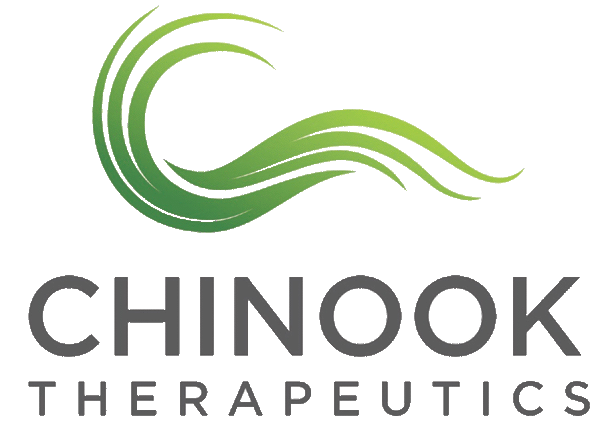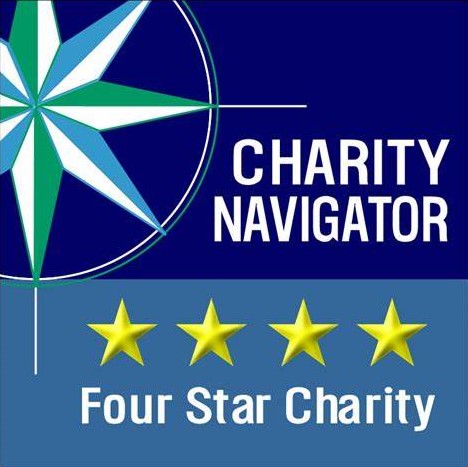Robert A. Star, M.D., is the director of the Division of Kidney, Urologic, and Hematologic Diseases at the National Institute of Diabetes and Digestive and Kidney Diseases (NIDDK), part of the National Institutes of Health (NIH). aakpRENALIFE interviewed Dr. Star to learn more about his career and NIDDK’s current kidney-related research projects:
As the leader of a major Federal government program at the National Institutes of Health, you serve America and our fellow citizens as a U.S. civil servant. Can you describe why you chose to serve our country as a public servant?
I am proud to work at the NIDDK, where I am part of a team that values both innovation and altruism. These priorities allow us to – on a large scale – contribute to treating and curing diseases that have a profound impact on so many people’s lives. I enjoy taking what I learned in academia, including struggles with drug development and clinical trials, to make it easier for others to move their research projects forward. Unlike academia, we can create programs that affect everyone in the United States. We also devise programs to train and mentor younger scientists, who are the future of nephrology.
AAKP patients and leadership are honored to play a role in several NIH/NIDDK strategic research initiatives, including the Kidney Precision Medicine Project (KPMP). For our readers who are not familiar with KPMP, can you describe the vision and purpose?
The KPMP, focused on finding new ways to treat acute and chronic kidney diseases, was established in 2017 to build the science to enable clinicians to deliver the right treatment to the right patient at the right time. We aim to answer key precision medicine questions for patients: What is my diagnosis? What is my prognosis, and which treatments can help me?
Recent advances in multi-scale interrogation of human tissue and single cells have now allowed precision medicine to be used in kidney disease. KPMP will obtain kidney tissue (biopsies) from people volunteering to participate in KPMP. The tissue will be analyzed to redefine kidney disease into new molecular subgroups. We will also identify critical cells, pathways, and targets for novel therapies. Specifically, the KPMP aims to develop or facilitate:
• A set of cellular and molecular markers that classify cells as healthy, injured, activated, or undergoing repair.
• A kidney tissue atlas, which is a set of maps used to classify and locate different kidney cells and areas between the cells. The atlas will help researchers and clinicians define disease subgroups and identify cells, pathways, and targets for novel therapies.
• Molecular pathways developed using data to identify and understand healthy and disease pathways that are activated in a particular cell type in a particular subgroup of participants.
• Disease subgroups to define participant subgroups and allow for clinical stratification into distinct subgroups that might respond differently to individualized therapy.
The final result we envision is personalized medicine for kidney disease, where each patient is treated with drug(s) chosen based on the results of their kidney biopsy.
Can you discuss the importance that you and your team place on patient perspective and input within the KPMP process?
Incorporating the patient perspective and patient input has been absolutely critical. Because KPMP involves research biopsies that are not clinically needed, we wanted to put ethics and patient safety first – while maintaining our focus on improving care for future generations.
For example, the Community Engagement Working Group (CEWG) wrote the first draft of the informed consent document. They also pushed for insurance, so that the enrolled subjects will not need to pay for any medical complications that might arise from the biopsies. And we appreciate that the CEWG has kept the research grants of the consortium on track, helping to ensure that we aim for our 10-year goal.
From the first KPMP Steering Committee meeting, patient participants have had a substantial presence. They contributed their insights regarding study protocol design, activities, ethical questions, and data analyses. The CEWG has also partnered with researchers to determine how best to return results of biological profiling in an ethical, culturally-sensitive manner, and to develop materials to explain the study to fellow patients.
Notably, the CEWG has increased investigator appreciation of patients’ contributions. One researcher noted he would never again allow “leftover” kidney biopsy tissue to go to waste.
In addition to the KPMP, NIH/NIDDK has been doing tremendous work on the APOL1 gene research and the impact of kidney disease among the African American population. Can you share the vision and purpose of this initiative?
NIH-supported studies identified genetic variants associated with susceptibility to the development of kidney disease and with faster progression of established chronic kidney disease. These variants were found almost exclusively in people of recent African descent.
The variants are thought to be an adaptation to the prevalence of trypanosomiasis (known as “sleeping sickness,” this disease is found only in rural Africa and is transmitted by the tsetse fly), similar to the way sickle cell variants may protect against malaria. These genetic findings explain the overrepresentation of African Americans with chronic kidney disease and with end-stage renal disease.
Shortly after the identification of the genetic risk, observational studies suggested that the presence of two risk variants was strongly associated with poor kidney transplant outcomes. Because of this, in 2017, the NIDDK launched the APOL1 Longterm Kidney Transplantation Outcomes Network (APOLLO). This 13-center, national study is designed to prospectively evaluate the effect of APOL1 gene variants on kidney transplant outcomes and is expected to start recruitment in spring 2019.
The APOLLO study has established collaborations with the United Network for Organ Sharing and national organ procurement organizations. We hope that APOLLO’s results will have an impact on national kidney transplantation policies. The results of APOLLO will be clinically meaningful as they will inform clinical practice by letting patients and transplant physicians know whether donors with one or two APOL1 gene variants should be excluded from serving as kidney donors.
Obviously, during the course of your research and medical career, you have interacted with many patients. Is there one key observation you have gleaned from those patient experiences that fuels your passion to make an impact for kidney patients?
As I clinician, I learned that every patient is different; every patient is unique. Each person wants to make choices about his or her treatments and to decide what is best for his or her care.
When I was in resident training, ACE inhibitors were just beginning to come into common use. Everyone got the same medications. Fastforward 35 years, everyone with chronic kidney disease is still put on an ACE inhibitor or ARB. Unfortunately, we still have limited therapeutic options. We hope to help forge the path toward more individualized treatments for those with kidney disease, and the work we are doing with KPMP and APOLLO is helping to set that foundation.
Your participation in AAKP events, like our National Patient Meeting and our Inaugural Policy Summit are always rated high by our patients because of your optimism. For our readers, can you share a few thoughts on why they should be optimistic about the future of kidney medicine and treatments?
The pace of scientific advances is breathtaking. We can now see details in how single cells respond to injury, which was impossible 20, 10, or even five years ago. We have been waiting to start the KPMP project for a long time. The clinical need has long been there, but now we feel the research tools are in place to do the study well and make an impact for our patient participants and future generations. We will take our time to do this project ethically, with a focus on safety and quality control.
As a veteran of government service, can you give us a final thought on the importance of an independent patient voice in the national policy process – and your advice for patients who wish to become more involved in education and advocacy activities?
My advice: Just do it. Of course, public speaking and advocacy for a cause can be scary and may feel outside your comfort zone. But remember that you are doing this work for your family, your friends, yourself – and for all of us. With your voice helping to pave the way to better treatment and potential cures, the future will be brighter for everyone.
Robert. A. Star, M.D., oversees the Division of Kidney, Urologic, and Hematologic Diseases at NIDDK. The division supports research on important health problems, including all kidney diseases (acute, chronic, diabetic, hypertensive, glomerular diseases, transplantation, dialysis), and benign disorders of the urinary tract and blood forming organs. The division supports the training and career development of people committed to scientific research.
Star is also a senior investigator and chief of NIDDK’s Renal Diagnostics and Therapeutics Unit, where he leads a team that studies sepsis and acute kidney injury (AKI). The team focuses on identifying markers to detect and therapies to treat or prevent sepsis and AKI.
This article was originally published in aakpRENALIFE, March 2019.































